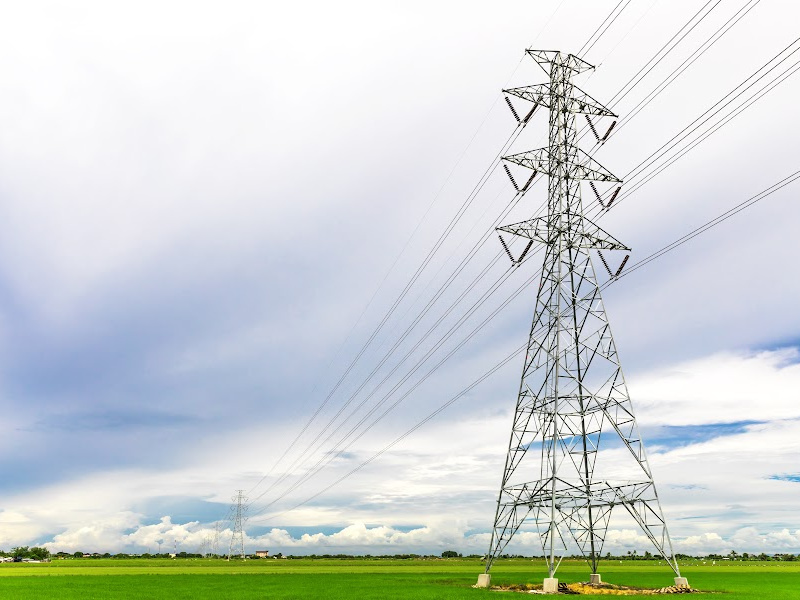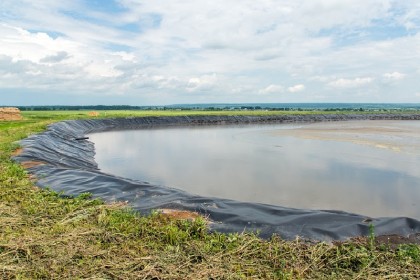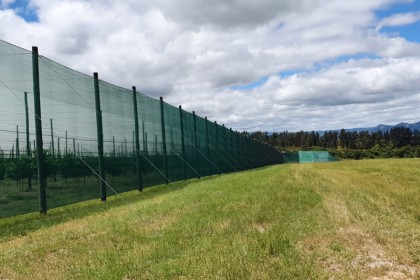
Farmers Suffer with Load Shedding
Agriculture organisations have called on government for urgent intervention to aid struggling farmers in the face of rolling blackouts. 'Load shedding contribute negatively to food security, and leads to loss of farm income,' said AFASA
With the country plunged into continuous power cuts, farmers are on the receiving end with business closures imminent, leading to job losses across the agriculture sector.
The African Farmers Association of South Africa (AFASA) has called on government to subsidise farmers with alternative energy such as solar panels and generators before the end of January.
President of AFASA AJ Mthembu said keeping lights on for farmers is a matter of urgency and government needs to step in to ensure that the status of food security in the country remain steadfast.
“We are worried that at the rate of ongoing load shedding, the recently signed Agriculture and Agro-processing Master Plan is not likely to reach its targets in the short and medium term,” Mthembu said.
According to Mthembu, the chicken industry has lost approximately 25 million birds that should have been slaughtered and supplied to markets.
“The impact of load shedding contribute negatively to food security, leads to loss of farm income, negatively impact the gross domestic product, and leads to high unemployment rate.
“The cost of load shedding for the agricultural sector is enormous as farmers are forced to seek alternative measures such as reliance on generators as the ongoing power cuts risk compromising the quality of most agricultural products.”
Mthembu said load shedding is having a significant impact on its members who are mostly small-scale, and the dream of being commercial was slowly being deferred.
“Members of the AFASA poultry chamber indicates that the average days taken to grow broiler chickens to slaughter weight has increased from 33 days to 45 days because of load shedding those delays slaughtering at abattoirs,” he said.
Farmers not coping
Agri SA chief executive Christo van der Rheede said farmers’ debt has increased dramatically over time because of power cuts.
“Load shedding, and money spent on acquiring diesel, generators, and other solar equipment, has a devastating impact on the sustainability of agricultural enterprises.
“Add to it rising input prices, higher interest rates, possible hike in minimum wages and other costs, we urgently need to discuss these issues with the relevant ministries,” he said.
Petrus Sitho from the organisation PPS Stop Farm Murders said load shedding is also the contributing factor to farm attacks in disadvantaged communities and farmers who do not have a backup like generators.
“It is bad because these attackers know that during the load shedding slot that is when they do their bad acts of attacking, killing, robbing, raping farmworkers and farmers.
“As much as this is extremely bad for farmers and the economy we are not sitting and doing nothing, we are working together with relevant stakeholders to protect the food security and farmers in the country because they are under siege,” he said.
Source: https://www.foodformzansi.co.za/icymi-farmers-suffer-with-load-shedding/












